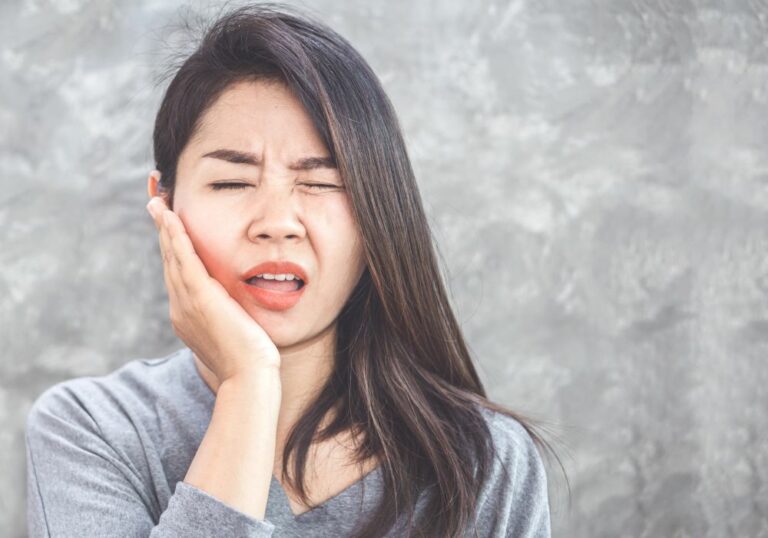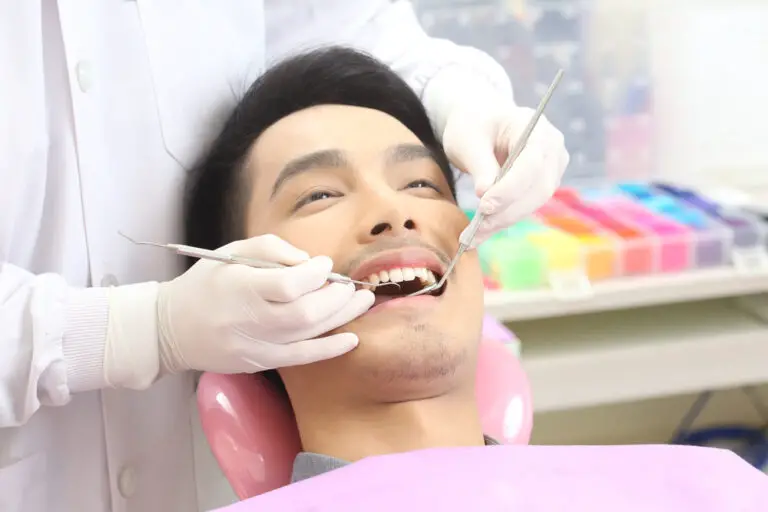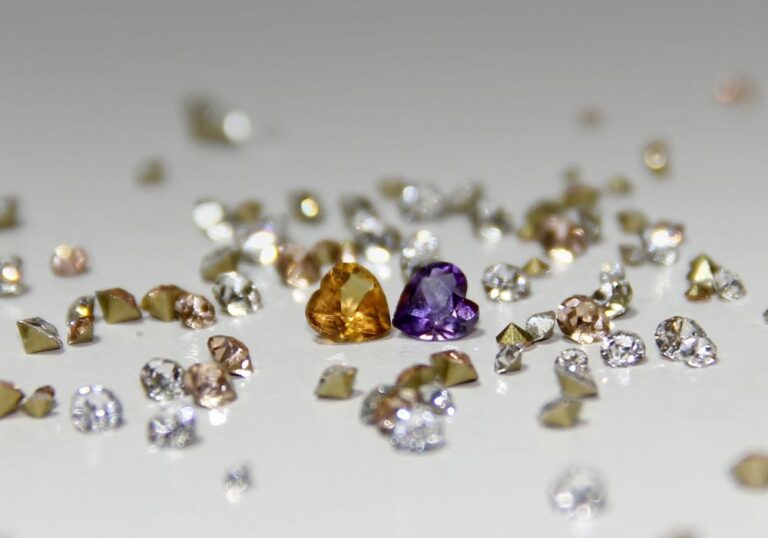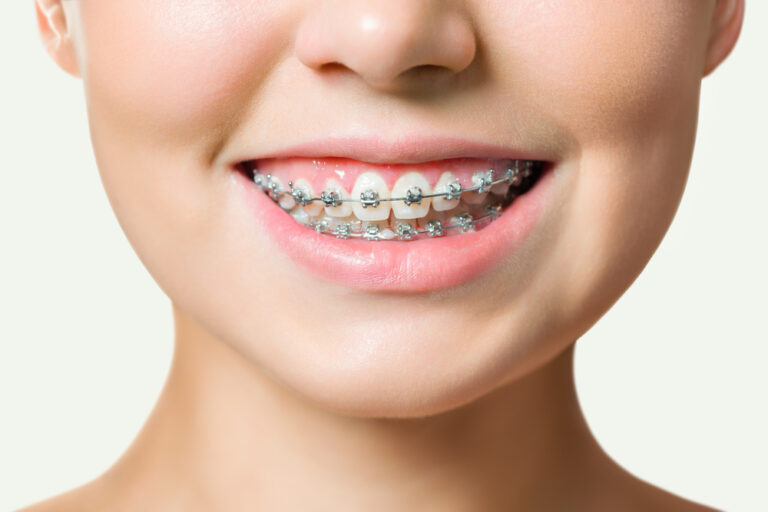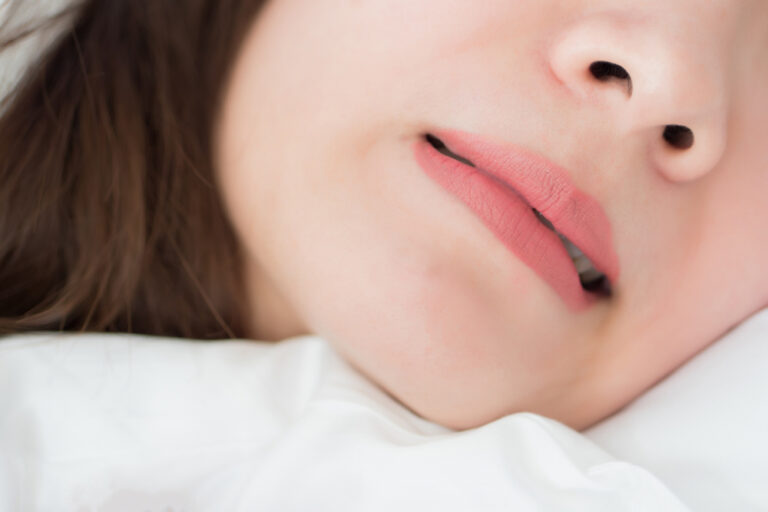Many people who grind or clench their teeth experience ear buzzing or ringing. This condition is known as tinnitus. Bruxism, or excessive teeth grinding and clenching, has been linked to tinnitus symptoms in some cases. Here is an overview of the connection between bruxism and tinnitus and why grinding teeth may lead to buzzing ears for some people.
What is Bruxism?
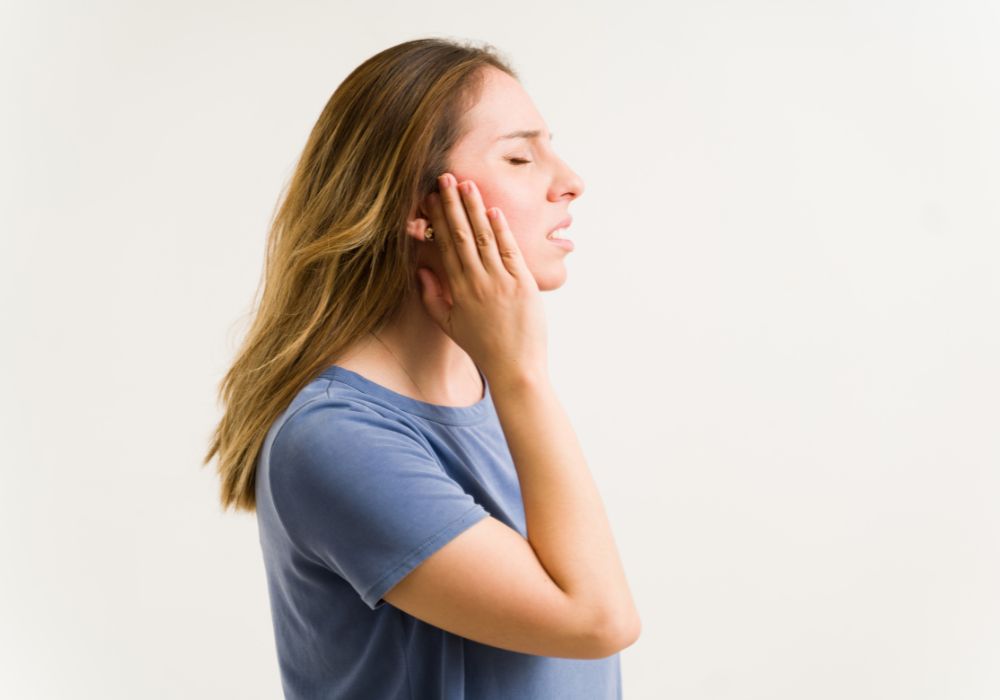
Bruxism refers to clenching or grinding of the teeth. It typically happens involuntarily, most often during sleep. Bruxism can occur occasionally or be a habit. Estimates suggest bruxism affects around 10% of adults.
Common symptoms of bruxism include:
- Worn down, loose, cracked, or chipped teeth
- Face, jaw, and neck pain
- Headaches (particularly in the temples)
- Earache
- Jaw clicking or locking
Bruxism has two phases:
- Phase 1: Grinding of the teeth back and forth. This puts pressure on the chewing surface of teeth.
- Phase 2: Clenching and clamping the top and bottom teeth together forcefully. This can put pressure on the entire tooth.
While teeth grinding can happen when awake, most people with bruxism do it during sleep. That’s why it is also referred to as sleep or nocturnal bruxism.
What is Tinnitus?
Tinnitus refers to noises heard in one or both ears that come from inside the body, not an outside source. It is often described as ringing, buzzing, roaring, clicking, or hissing. The sounds associated with tinnitus may be:
- Intermittent or continuous
- High or low pitched
- Loud or soft
Tinnitus affects an estimated 10% to 15% of adults. It can develop suddenly or gradually get worse over time. For most people, tinnitus symptoms come and go. But for around 20% of people with tinnitus, it is chronic and disruptive.
Linking Bruxism and Tinnitus
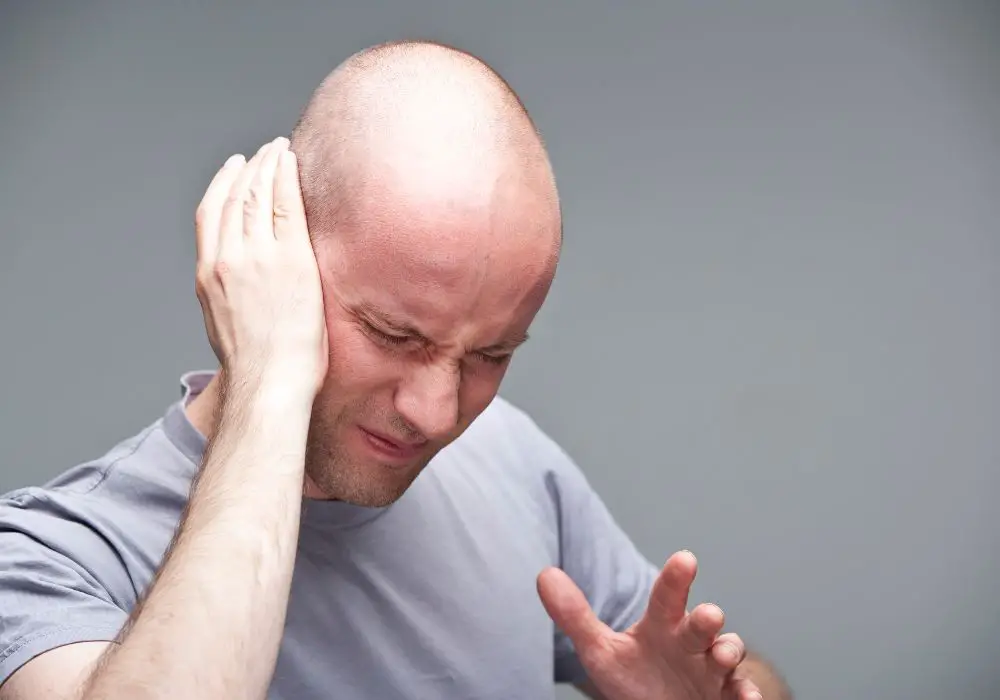
Research suggests there is an association between frequent teeth grinding and ear buzzing. Let’s look at some of the evidence:
- Observational studies: Several observational studies show a higher prevalence of tinnitus symptoms in people with bruxism compared to the general population. Up to two-thirds of bruxism patients also experience tinnitus.
- Case reports: There are individual case reports of ear buzzing developing or worsening with increased teeth grinding and improving when it is addressed.
- Expert opinion: Many dentists and doctors cite bruxism as one of the most common causes of tinnitus and related ear complaints their patients report.
This indicates people who grind their teeth frequently are more prone to buzzing in the ears. But how exactly can bruxism lead to tinnitus?
Potential Ways Bruxism May Cause Tinnitus
Researchers theorize a few mechanisms that may explain how excessive teeth grinding triggers ear ringing and related symptoms like pain or dizziness:
1. Damage to structures of the ear
The structures involved in hearing are very close to the temporomandibular joint (TMJ). This is the hinge joint that connects the jawbone to the skull.
Excessive grinding forces and pressure on the TMJ may damage or disrupt the ear. Potential effects include:
- Changes to the small bones (ossicles) of the middle ear
- Injury to the cochlea, the organ that processes sound in the inner ear
- Dysfunction of the eustachian tube which connects the middle ear to the throat
Any of these could potentially cause tinnitus symptoms.
2. Muscle spasms
Bruxism leads to muscle spasms and contractions in the jaw. This tension could travel to muscles near the ear. Spasms in those muscles may then lead to abnormal messages sent to the brain that are interpreted as buzzing or ringing.
3. Increased neural activity
Teeth grinding may increase neural activity in the ear and parts of the brain involved in hearing and processing sounds. This could lead to false signals being generated that are experienced as phantom ear noises.
4. Changes in pressure
Grinding and clenching may change pressure in the inner ear fluid, membranes, or tubes involved in balance and hearing. This pressure change stimulates hair cells in the ear and alters signals to the brain, potentially leading to tinnitus.
Treating Bruxism to Reduce Tinnitus
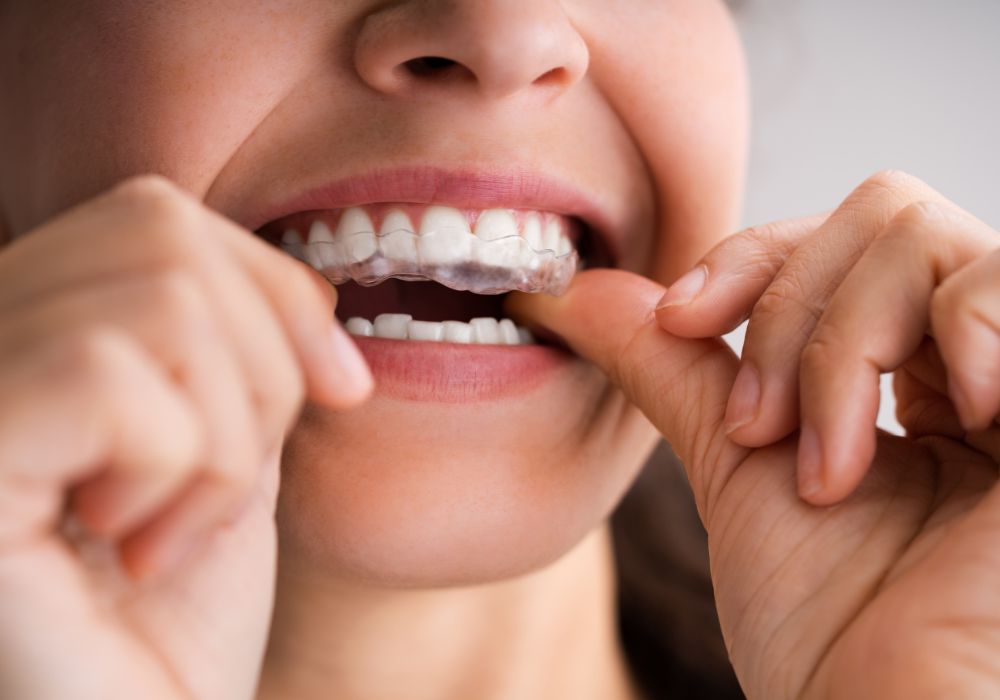
If bruxism seems to be contributing to ear buzzing or ringing, addressing excessive teeth grinding is recommended. This may help reduce tinnitus symptoms. Here are some options:
Dental approaches
- Wearing a custom nightguard while sleeping to protect teeth
- Repairing teeth damaged by grinding with fillings, crowns, etc
- Using bite splints or orthodontic approaches to improve bite alignment
- Relaxation techniques to reduce grinding urges
- Physical therapy to address jaw muscle tension
Medications
- Muscle relaxants and antianxiety medications for nighttime bruxism
- Botulinum toxin injections paralyze muscles, including jaw muscles
Alternative therapies
- Stress reduction through exercise, meditation, yoga, etc.
- Hypnosis and biofeedback training
- Acupuncture
- Massage therapy
The underlying cause of bruxism guides the ideal treatment approach. A combination of dental, medical, and alternative therapies often provides the best results.
Improving bruxism can eliminate or reduce buzzing in the ears in people whose tinnitus developed as a consequence of excessive teeth grinding. This may require prompt diagnosis and tailored treatment.
Addressing other causes of tinnitus
For some patients, tinnitus is not caused or worsened by bruxism. Other factors will need to be evaluated. Common causes of tinnitus include:
- Hearing loss
- Ear injury or infection
- Medication side effects
- Head trauma
- Earwax blockage
- Tumors affecting auditory nerves
- Cardiovascular, neurological, and endocrine disorders
An audiologist can help diagnose the underlying reason for tinnitus and direct treatment strategies accordingly. This may include sound therapy, hearing aids, stress management, and more.
Frequently Asked Questions
Q: Does grinding or clenching teeth always cause ear buzzing?
A: No, not everyone who grinds their teeth will develop tinnitus. But there does appear to be an association between frequent, forceful bruxism and increased risk of buzzing ears. Those who grind their teeth vigorously on a regular basis seem most likely to experience tinnitus symptoms.
Q: Can fixing my bite solve ear buzzing caused by teeth grinding?
A: Correcting any misalignment in your bite may help reduce bruxism. This can alleviate pressure on the TMJ joint and tension in jaw muscles. In turn, this may decrease tinnitus linked to teeth grinding and clenching. However, additional treatments are often needed.
Q: Will I need to wear a mouthguard at night for the rest of my life if I have bruxism?
A: In many cases long-term nightguard use is recommended, even after addressing factors that contribute to grinding such as misaligned teeth, stress, and lifestyle habits. This helps continue protecting teeth from abrasion. However, some patients are able to discontinue use after successful treatment if grinding urges resolve.
Q: Can Botox injections help relieve ear buzzing caused by teeth grinding?
A: Yes, research indicates using Botox to paralyze the jaw muscles involved in grinding can significantly reduce bruxism. In a number of cases this has also decreased associated tinnitus symptoms. However, the effects are temporary and repeat injections are needed every few months.
Q: If I’m already experiencing hearing loss, does bruxism make tinnitus worse?
A: There does seem to be a “stacking” effect, where underlying hearing loss combined with excessive grinding leads to more severe tinnitus in some people. That’s because damage to the ear structures involved in processing sounds is compounded. Treating bruxism may still help reduce ear buzzing and noises linked to grinding. But additional therapies may be needed to address hearing loss.
Conclusion
Research suggests frequent, vigorous grinding or clenching of teeth can contribute to buzzing in the ears, also known as tinnitus. While not everyone with bruxism experiences tinnitus, studies show higher rates compared to the general population.
Potential mechanisms include damage to delicate ear structures, muscle contractions, increased neural activity, and pressure changes. Addressing bruxism through dental treatments, medications, and alternative therapies may help reduce associated ear buzzing and ringing in some cases.
However, tinnitus often has multiple underlying causes or contributing factors. An audiologist can help determine the source of ear noises and craft an effective management plan. Prompt diagnosis and tailored treatment provide the best chance of resolving upsetting tinnitus symptoms.

